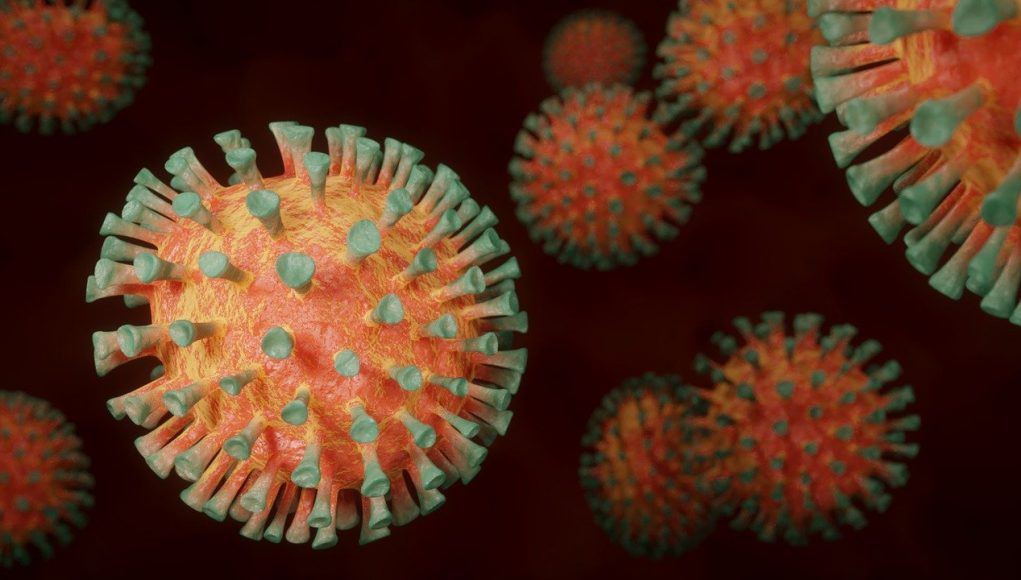A recent article on Time has rightly pointed out that media coverage about a possible link between vaping and COVID-19 has increased. On its blog, the National Institute on Drug Abuse said that people with substance-use disorders may be more at risk of contracting the virus, and it included vapers with this group.
Preliminary data has indicated that the highest percentage of U.S. hospitalizations has been among younger adults, and because this age group is renowned for vaping, many are jumping to the conclusion that e-cigarettes are making them more susceptible. However, there is no real data to backup this suspicion.
Smoking remains the real concern
Siegel added that ultimately the worst thing that can happen to a vaper, is relapsing back to smoking. “Relapsing to smoking is the worst thing they could do.” On the other hand, he added, this outbreak may give recreational vapers the required push to finally quit. “It’s always better not to be breathing chemicals into your lungs. I would have said that even without this particular outbreak,” he said. “It would certainly be a potential incentive to get people who are vaping to stop, just as a precautionary measure.”
COVID-19 cannot be contracted via vapour
With regards to contracting the virus via aerosol, experts at Public Health England (PHE) have pointed out that currently there is also no evidence indicating that COVID-19 can be contracted by inhaling someone else’s exhaled vapour.
“Public Health England’s 2018 independent evidence review found that to date, there have been no identified health risks of passive vaping to bystanders,” said Director of Tobacco, Alcohol and Drugs at Public Health England, Rosanna O’Connor. “There is currently no evidence that coronavirus can be caught from exposure to e-cigarette vapour.”
Similarly, a paper by two harm reduction experts tackling reports linking vaping to the increased risk of contracting COVID-19, has concluded that there is no special risk of contracting the virus by inhaling exhaled vapour or inhaling infected e-liquid.
Titled, “Vaping And Sars-Cov-2 And Covid-19 Technical Information For Vapers,” the document offers a detailed account of the all the possible links between vaping and COVID-19, and points out that besides the current obvious pandemic, there is also second pandemic of misinformation.
Podcast: Latest Primary Results; Why Biden Will Win; Coronavirus Impact On Smoking and Vaping












